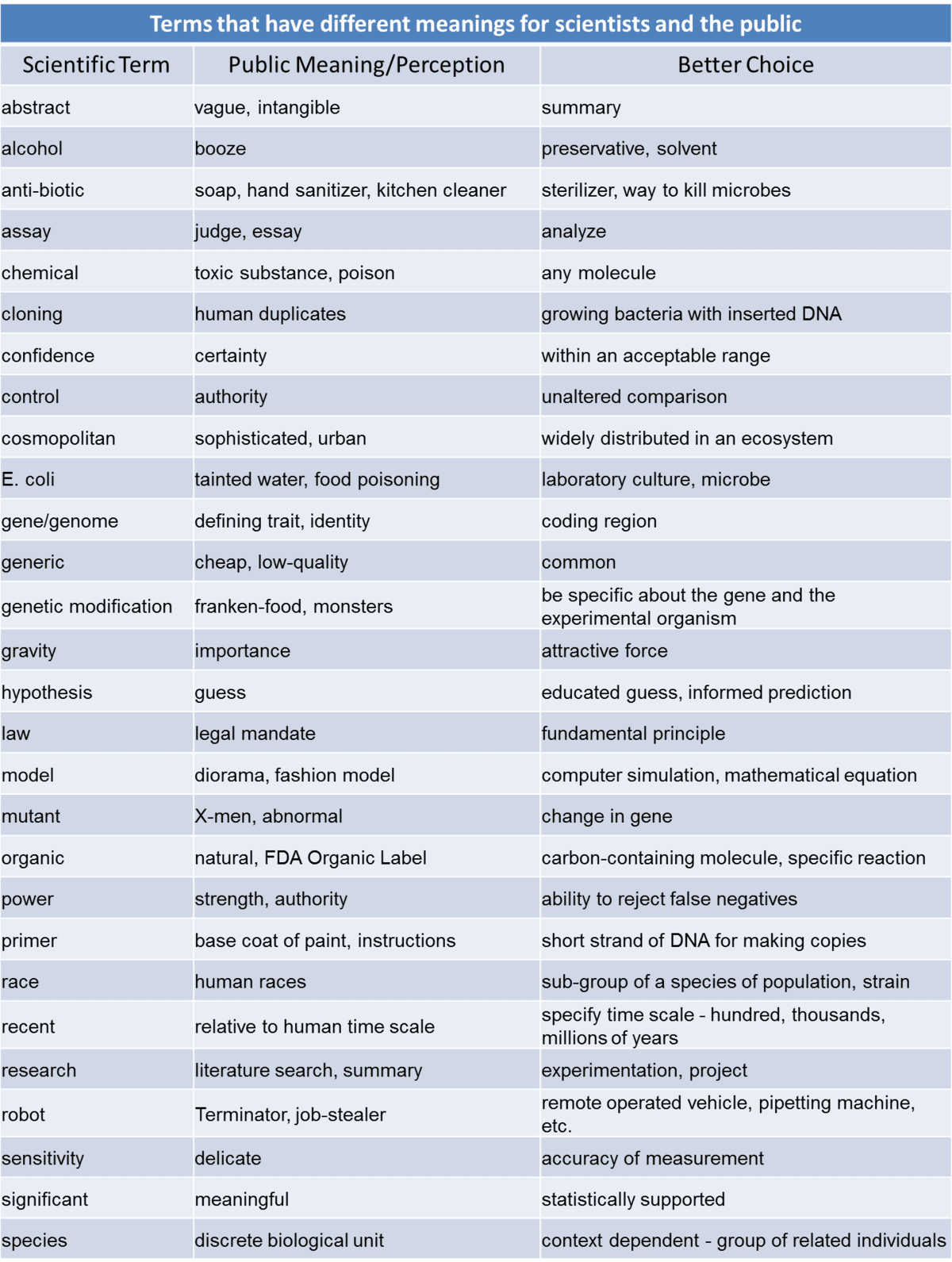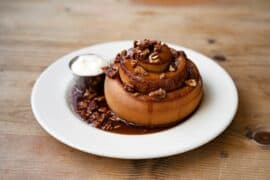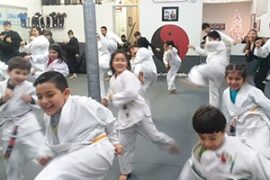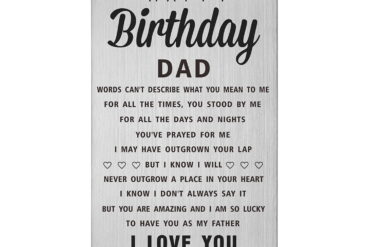? Welcome, Super Parents, to the World of Words! ?
Greetings, amazing caregivers! You’ve begun a magical journey where every giggle, every frown, and every whimsical word from your child is a treasure trove of meaning. Are you ready to don your explorer’s cap? Let’s delve deep into the beautiful maze that is your child’s language development with a comprehensive meanings list. Whether your tot is just babbling their first sounds or your preschooler is spinning tales of make-believe, understanding their words is like holding a key to their tiny hearts and boundless imaginations!
Why a Meanings List Matters for Your Mini-Me
Before we set sail on this wordy adventure, let’s chat about why a meanings list is an essential tool for your parenting toolkit. Here’s the deal:
- Communication is Key: A shared language builds bridges between you and your child – it’s how love, needs, and learning get passed back and forth.
- Language Development Insight: By keeping an eagle eye on the words your child uses, you can gauge their language milestones and cheer on their progress!
- Language Barriers Begone: Ever been baffled by your little one’s babbling? A handy meanings list helps you translate toddler talk into “Aha!” moments.
- Empathetic Connection: When you “speak their language,” you’re saying “I get you,” which is exactly what every child wants to feel.
Setting the Stage for Communication: Birth to First Words
From their first cry, your baby is saying “Hello, world! I’m here!” The journey from coos to “cookie!” is an epic one, so let’s start at the beginning:
- Birth to 3 months: Babies will coo and make comfort sounds. Your heart might just melt!
- 3 to 6 months: Look out for gurgles, laughs, and the cutest babble – conversation training in progress!
- 6 to 9 months: Babbling gets sophisticated – consonant sounds join the party!
- 9 to 12 months: Your baby might start waving “bye-bye” and trying out simple words like “mama” or “dada.”
As you nod along and respond, you’re teaching your baby the art of conversation. They’re learning that words have power, and that power grows with every giggle and gab.
Moving from Sounds to Sentences: The Toddler Years
Now things get really interesting! Toddlers are like sponges – but with legs and a penchant for mischief. Here’s how their language blooms:
- 12 to 18 months: Single words emerge. “No” might become a favorite – it’s a toddler’s way of asserting independence!
- 18 to 24 months: Two-word phrases pop up. “More juice,” anyone?
- 24 to 36 months: Brace yourself for full sentences and a cascade of questions. “Why?” Because you have an inquisitive tot, that’s why!
This period is all about growth and getting ready for those longer chitchats. And, my dear parent, you’ll be amazed at what your little conversationalist will come up with!
Meanings List: Decoding the Lingo of Little Learners
As your child starts to discover the joy of words, you’ll want to get savvy about what they’re saying. Here’s where the meanings list we’ve been talking about comes into play! Start by jotting down the words your child uses frequently and note the context in which they’re used. Your list will likely include:
- Names of people they love – because, to them, you’re the star of the show!
- Favorite foods – because snacks are life.
- Parts of the day, like “morning” or “night-night” – they’re starting to understand the rhythm of the world around them.
- Emotions and feelings – “happy,” “sad,” “scared” – validating these words can teach emotional intelligence early on.
- Descriptive words – “big,” “hot,” “fast” – the world is a wonderland to be described.
Remember, your child’s meanings list will evolve just as quickly as they do, throwing in surprises every day. Stay tuned, play along, and enjoy the fascinating progress of your little one’s language skills!
But enough preamble, let’s hop right into our meanings list and how to use it to strengthen your bond and communication with your bundle of joy. Watch how their words bloom, and your understanding blossoms. Isn’t parenting just the best quest of discovery?

? Preparing for Your Child’s Meanings List: 5 Key Insights ?
Let’s gear up! Here are 5 essential tidbits you should know as you prepare to compile and use your child’s meanings list:
1. Observe and Write with Patience ?
Children’s language development is an individual process, peppered with leaps and pauses. Keep a diary or a digital note of the words and phrases your child uses. Moreover, patience is your friend; not all words will come out perfectly pronounced – ‘water’ might be ‘wawa’ for a while, and that’s okay!
2. Context is King ?
Words can have different meanings based on where and how your child uses them. ‘Up’ might mean they want to be held, stand up, or even that they’ve finished their meal. Context clues are vital – your detective skills will come in handy!
3. Engage in Active Listening ?
Active listening isn’t just for adult conversations. Show your child that their words are valuable by giving them your full attention. Get down to their level, make eye contact, and respond to what they’re telling you – it will encourage them to share more.
4. Words Have Power ?
When you understand and respond to your child’s words, you reinforce their meaning and power. Acknowledge even the smallest attempt at communication to boost their confidence and willingness to use language.
5. Language is a Two-Way Street ??
Your child learns language from you, and you can also help shape their language skills by introducing new words and concepts gently. Use the meanings list to identify gaps or areas to expand upon, like colors, shapes, or feelings.
Armed with these insights, you are now prepped and ready to navigate the fantastic labyrinth of your child’s growing vocabulary. As you chart these words and phrases, view each entry as a clue to the puzzle that is their world. Encourage their efforts, celebrate their milestones, and most importantly, enjoy the fluent dance of dialogue that you’re both learning – step by joyous step. With every word they explore, you’re laying the bricks of communication that will build the tower of your lifelong conversation.
The language your child is cultivating today is the foundation for all the stories, secrets, and dreams they’ll share with you tomorrow. So grab that meanings list, my dear parent-friends, and let the joyous jibber-jabber begin!
See more great Things to Do with Kids in New Zealand here. For more information see here
Disclaimer
The articles available via our website provide general information only and we strongly urge readers to exercise caution and conduct their own thorough research and fact-checking. The information presented should not be taken as absolute truth, and, to the maximum extent permitted by law, we will not be held liable for any inaccuracies or errors in the content. It is essential for individuals to independently verify and validate the information before making any decisions or taking any actions based on the articles.




